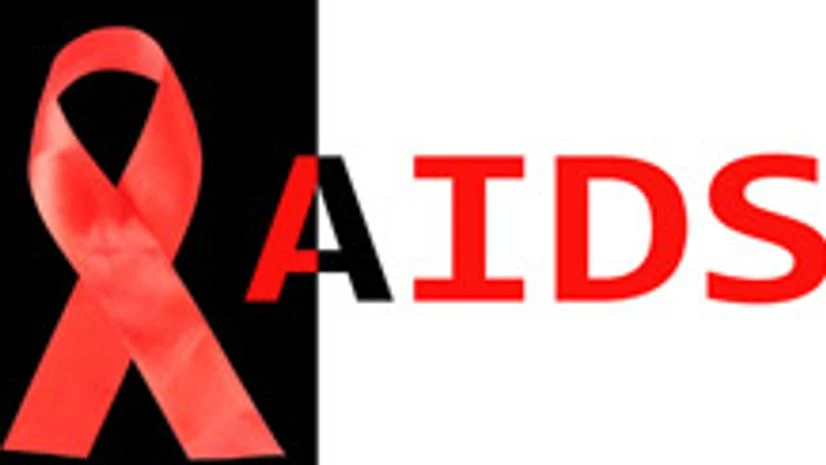A substance originally found in bananas and carefully edited by scientists could lead to drugs that fight off a wide range of viruses, including those that cause AIDS, Hepatitis C and influenza, new research suggests.
The new research focused on a protein called banana lectin, or BanLec, that "reads" the sugars on the outside of both viruses and cells.
The 26 scientists on the team - from Germany, Ireland, Canada, Belgium and the US - worked together over several years to figure out exactly how BanLec worked against viruses, and then to build a better version.
"What we have done is exciting because there is potential for BanLec to develop into a broad spectrum antiviral agent, something that is not clinically available to physicians and patients right now," said co-senior author of the study David Markovitz, professor at University of Michigan Medical School in the US.
Five years ago, scientists showed that the banana protein could keep the virus that causes AIDS from getting into cells - but it also caused side effects that limited its potential use.
This new research has created a novel form of BanLec that still fights viruses in mice, but does not have a property that causes irritation and unwanted inflammation, the scientists said.
More From This Section
They succeeded in peeling apart these two functions by carefully studying the molecule in many ways, and pinpointing the tiny part that triggered side effects.
Then, they engineered a new version of BanLec, called H84T, by slightly changing the gene that acts as the instruction manual for building it.
This resulted in a form of BanLec that worked against the viruses that cause AIDS, hepatitis C and influenza in tests in tissue and blood samples - without causing inflammation, the study said.
The researchers also showed that H84T BanLec protected mice from getting infected by flu virus.
The study was published in the journal Cell.

)
